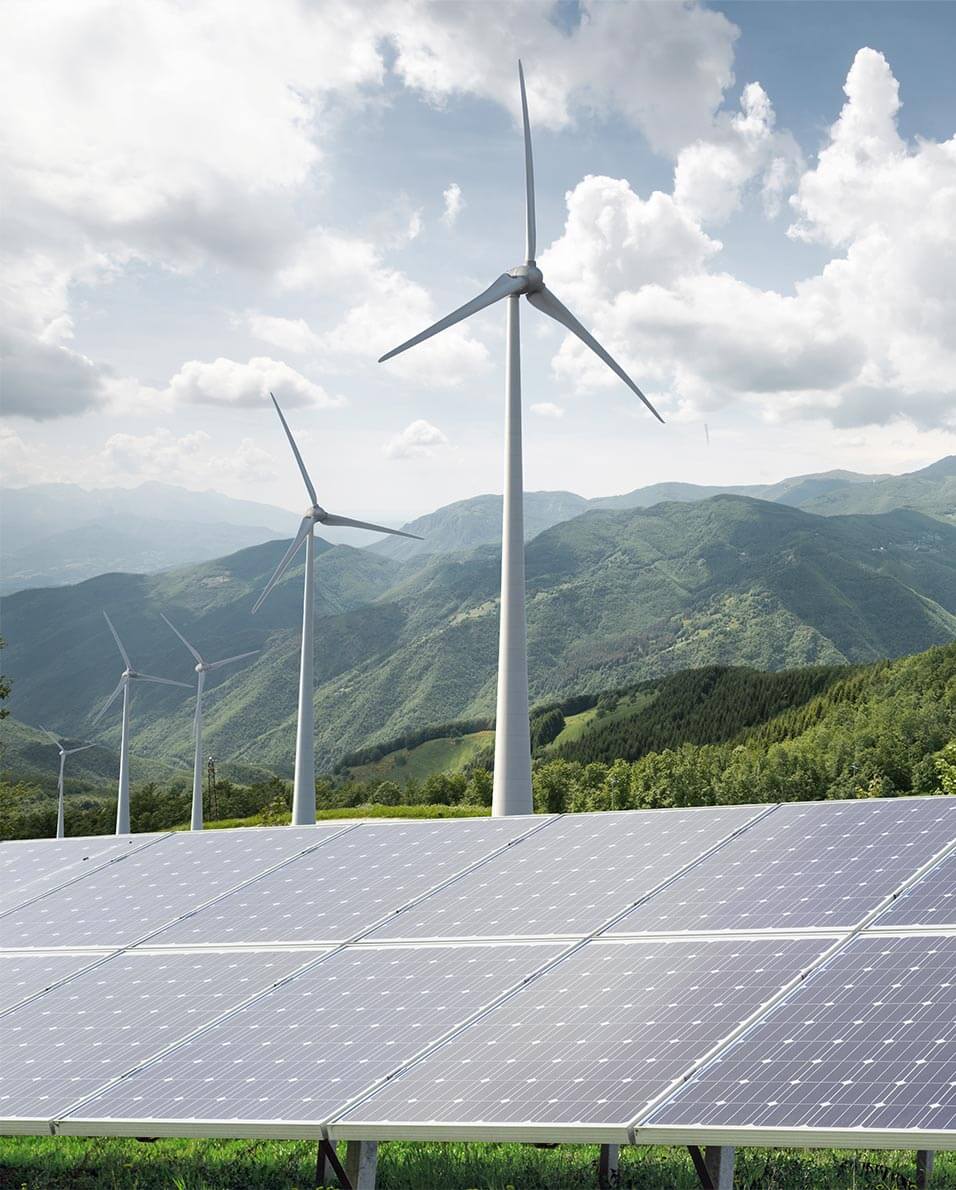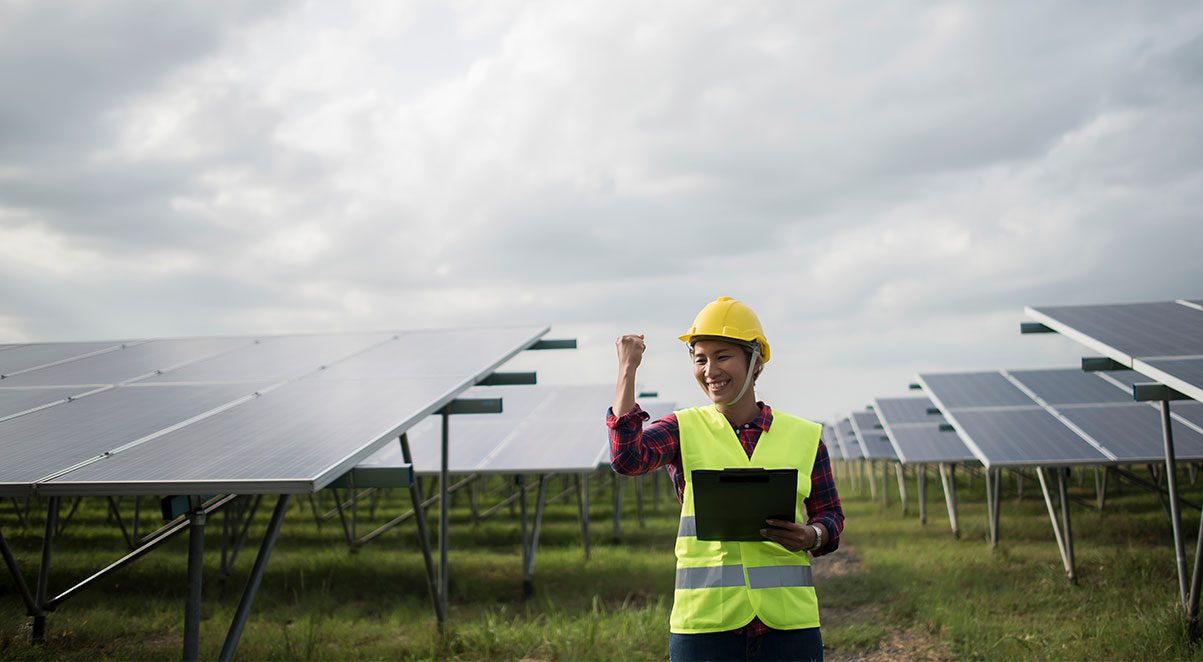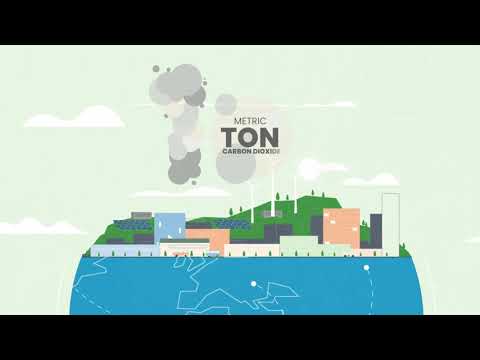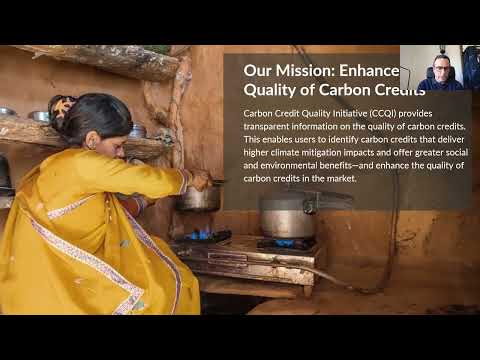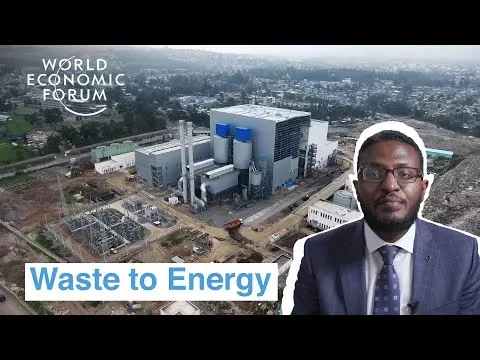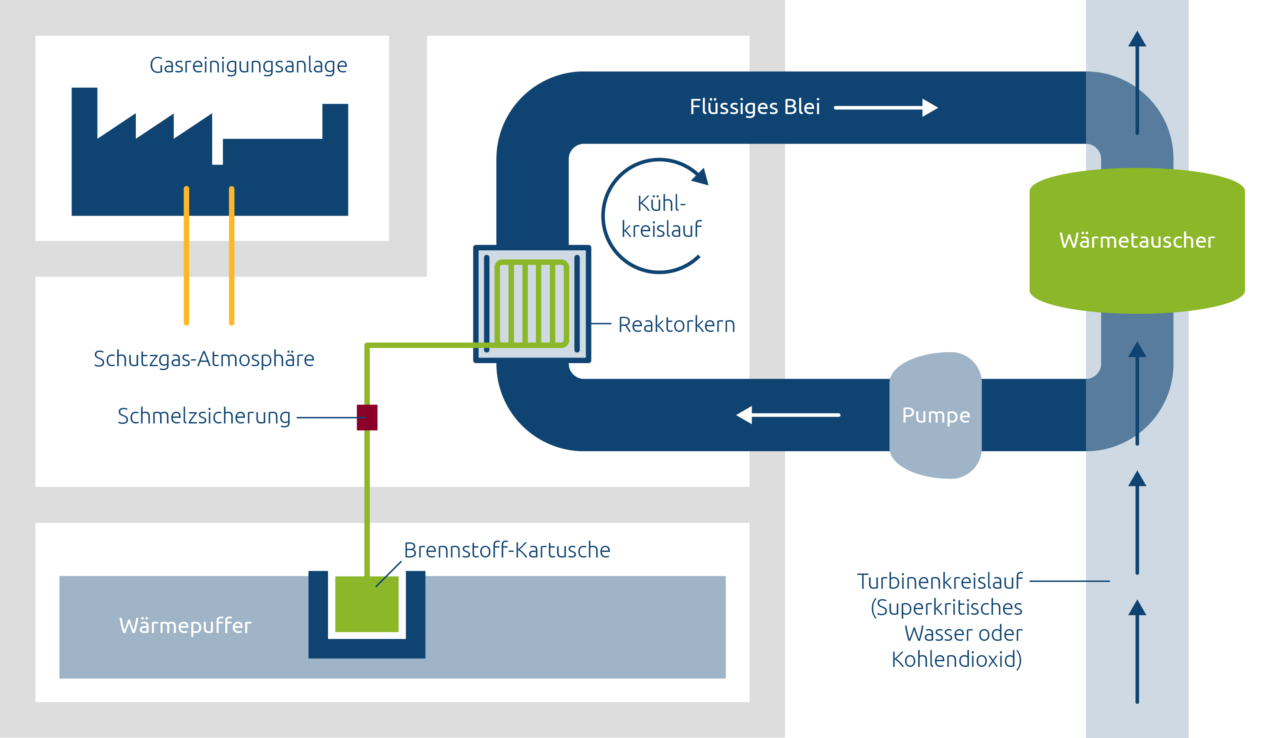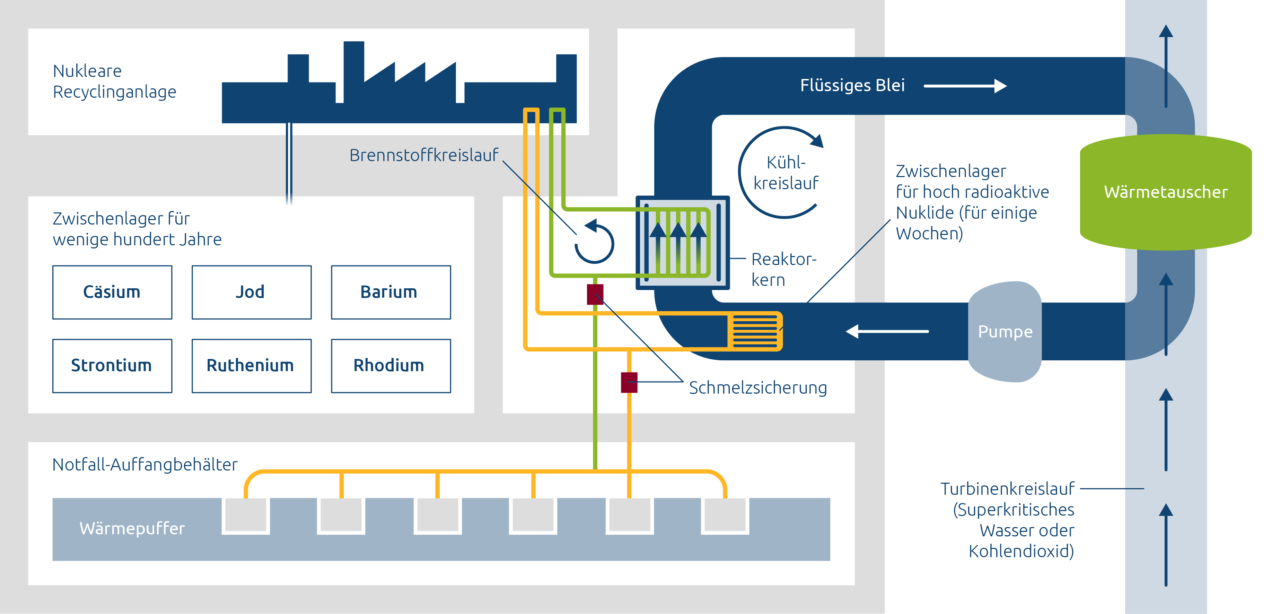Pages
- About
- ALGAE FARM
- Blog
- Blog
- CO₂ emissions
- Cookie Policy
- Corrosion Inhibitor
- Desalination
- DESERT GREENING
- Desinfection and Hygiene
- Donor Dashboard
- ENECE
- ENECE 1
- ENERGY REPORT
- EU-ETS
- GDPR Privacy Policy
- Main
- NEWS
- Pesticides alternative
- Philippines Energy Plan
- Spende gescheitert
- Spenden Bestätigung
- Steam recovery
- Terms and Conditions
- UNECE Agricultural
- WASTE TO ENERGY
- Water and isotope exploration
- WINDFARM





